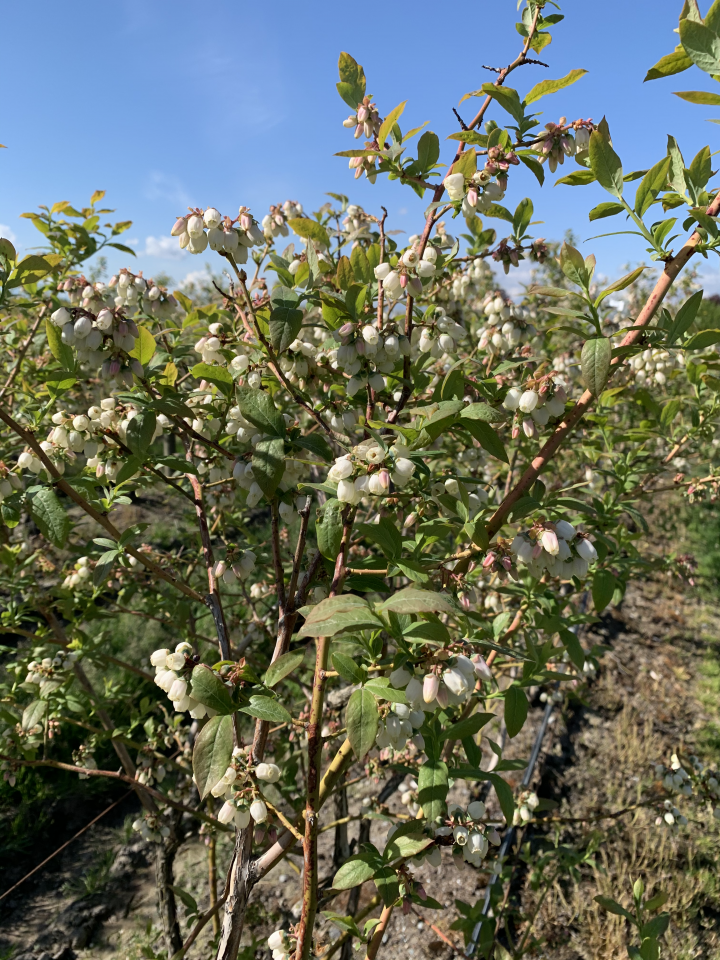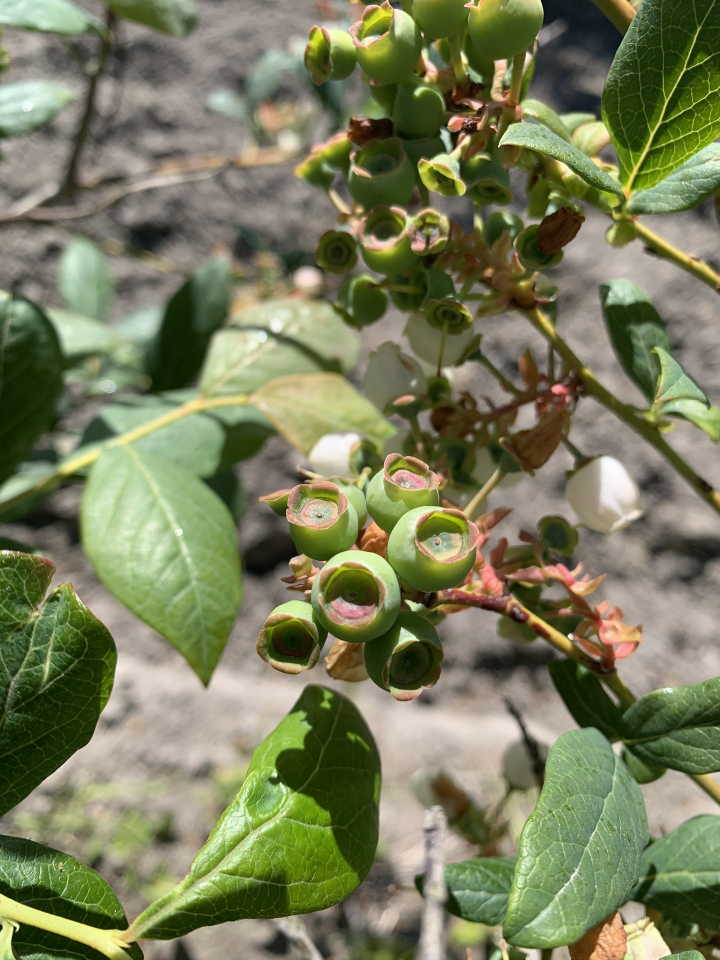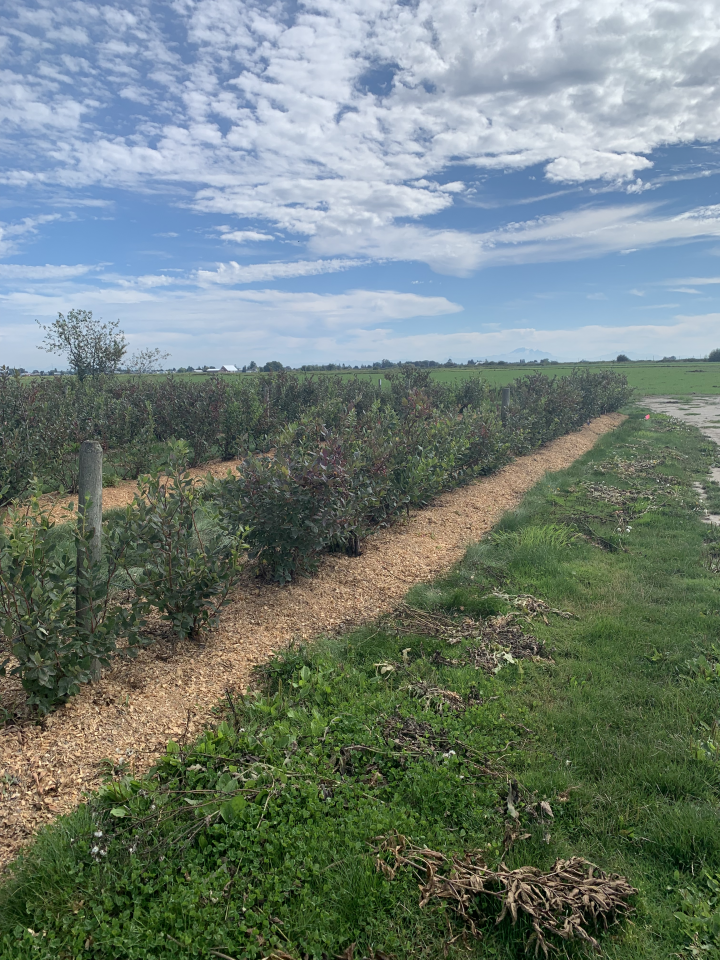Rebecca Pain, Dr. Claire Kremen, Dr. Juli Carrillo
In collaboration with the Delta Farmland & Wildlife Trust
This study aims to evaluate how habitat amendments influence beneficial and pest insect species abundance within blueberry agroecosystems in the Lower Mainland. As biodiversity loss is occurring at unprecedented rates worldwide, mitigation strategies such as enhancing farmland with natural habitats are being proposed as a potential solution towards reversing this trend. Increases in biodiversity through habitat amendments, in particular wildflower strips, can promote improved pest management and crop pollination services resulting in a potential increase in yields and profitability. Drosophila suzukii, also known as the spotted-wing drosophila (SWD), is a highly polyphagous pest on numerous cultivated fruits in the Lower Mainland region. This pest can cause devastating economic losses as a result of its rapid development and high reproductive capacity coupled with its generalist tendencies on fruits with soft and thin skins.
Beneficial insects, such as larval parasitoids of SWD, have been identified as potential biological control agents for this pest as they are able to attack SWD inside the fruit where pesticides have been found to be less effective. There is potential for the suppression of SWD populations in both crops and non-crop reservoirs if self-perpetuating parasitoid populations can be established. During the 2021 growing season, pest and beneficial insects were collected using a mixture of biodiversity surveys across 8 blueberry farms in the Lower Mainland region of British Columbia, Canada. Surveys conducted primarily targeted SWD and its associated larval parasitoids. Data collected will contribute towards developing solutions that address biodiversity loss while also supporting sustainable pest management strategies.


